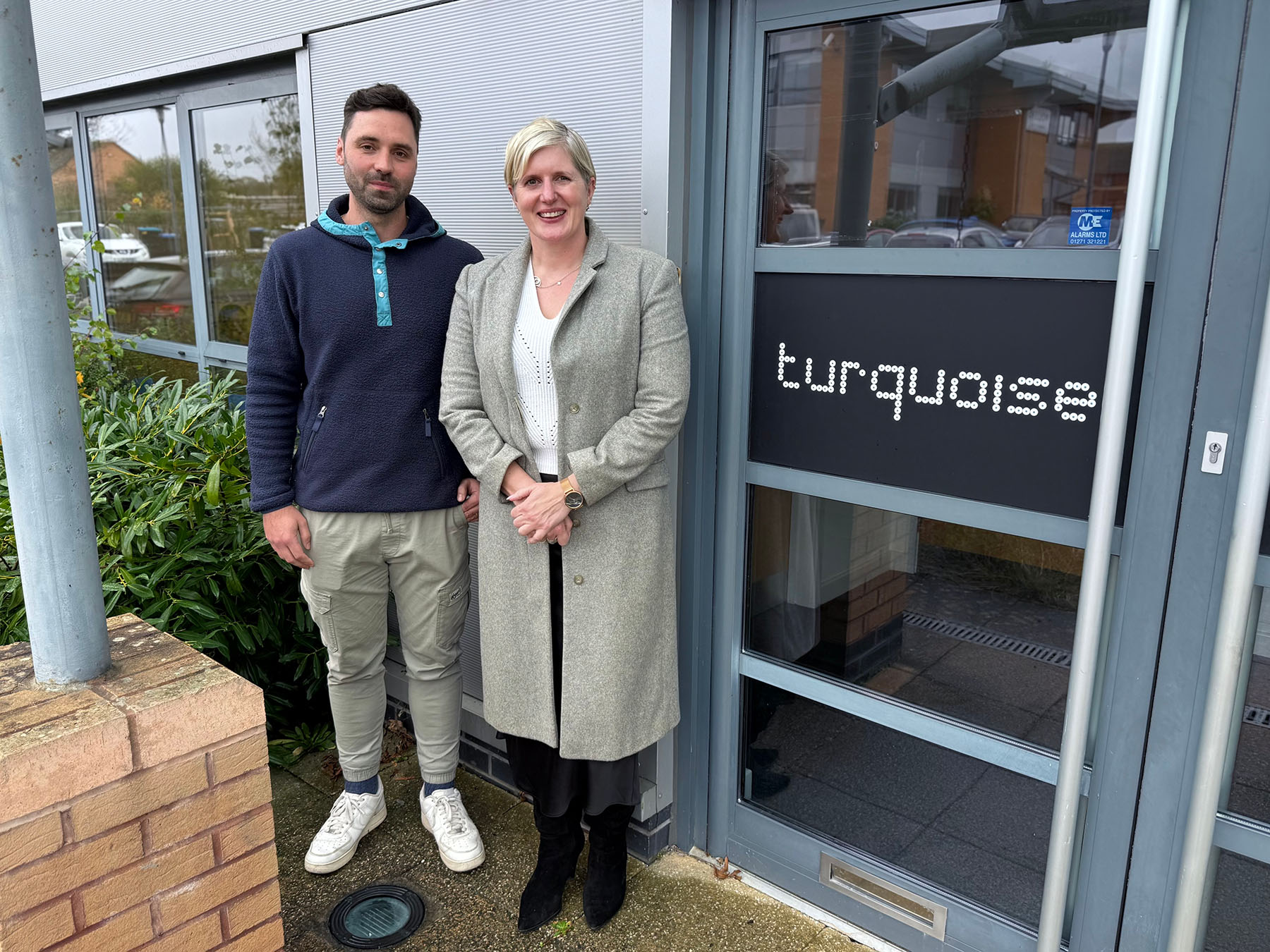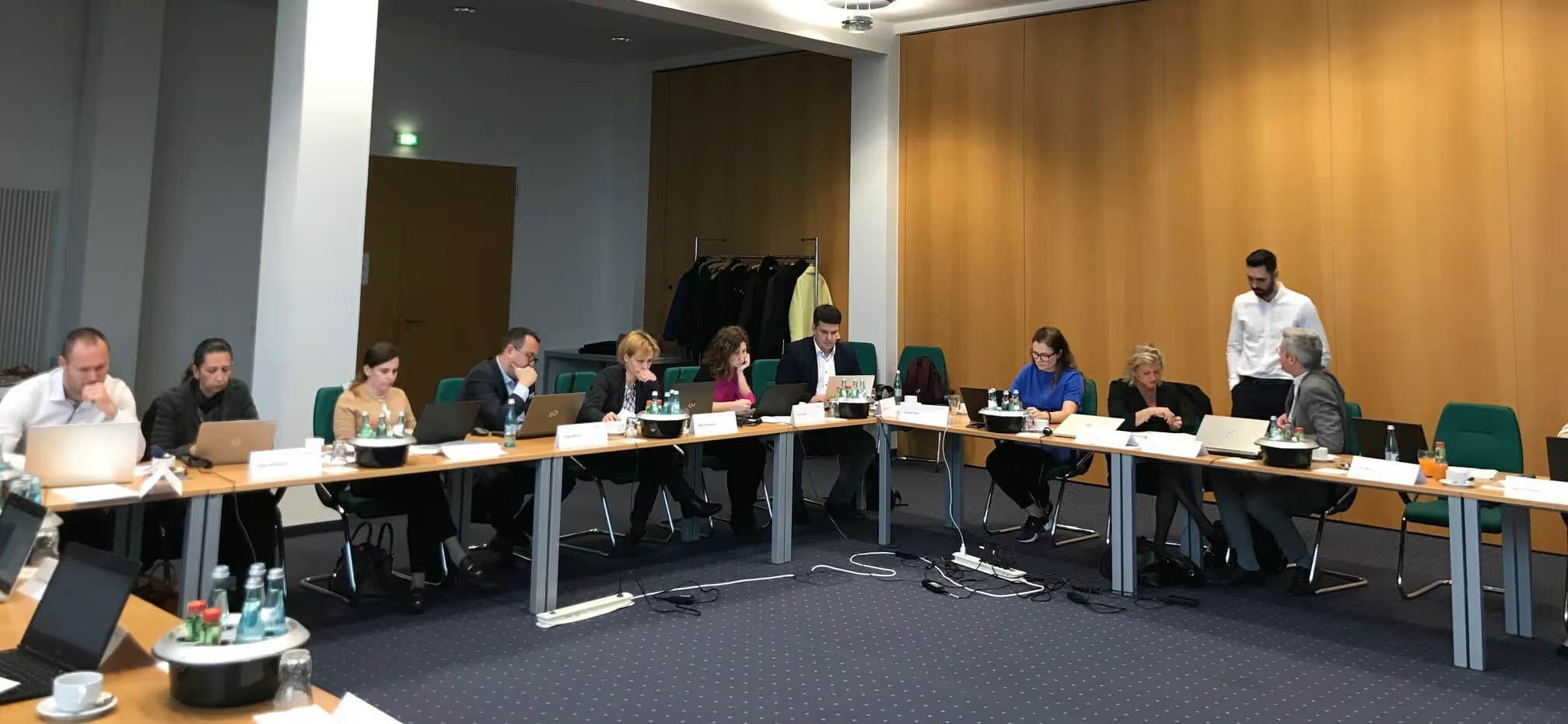Today, of course, we have plenty of tools at our disposal that allow us to conduct international market research without having to jump on aeroplanes. As is the case with every type of research, this brings benefits but also has limitations.
Prior to 2020, half of us had never heard of Zoom, but within a few months, octogenarians were using it with confidence. That in itself makes for an interesting study, but it’s one we will save for another day. The point is that if your grandmother can use Zoom for a remote consultation with her doctor, you can certainly use it for conducting market research.
It’s an invaluable tool, but it still has limitations. Conducting a market research interview remotely does not negate the need for a native speaker and professional translators. Neither does it eliminate the cultural pitfalls related to male and female interactions in certain cultures.
There is also the danger that by using technology like Zoom or Teams, you are inadvertently skewing your results. It is well and good for us to smugly talk about our 90 year old grandparents setting up Zoom calls, but it could be a very different story in your target country. If young, affluent and tech-savvy are qualities that check your target boxes, that’s fine. If not, be careful and combine your remote research with other methods.
It goes beyond remote interviews. Technology provides other opportunities for market research that can deliver fast results in high volume and quick time. For example, SMS surveys are quick, cheap and can have impressive reach. Of course, they will not provide the same level of detail that you get with other methods, and their brevity can lead to other problems.
For example, suppose you are researching Europe’s largest economy. Translating market research questions into German tends to lead to long words, it’s just the nature of the language. That’s fine when you are conducting in-depth interviews, but with SMS surveys, which are all about brevity, it can be disastrous. There is also the question of access – now mobile phone penetration rates are high in most countries, so this is less likely to be a problem, but still, it’s something to bear in mind when working with the developing world where mobile phone penetration rates are still hovering around the 50 percent mark.
Other forms of remote market research carry the same benefits and limitations. Online or mobile surveys are great as long as respondents can access them. For example, in the Netherlands, smartphone penetration stands at 93 percent of the adult population. In Pakistan, it is 19 percent.































